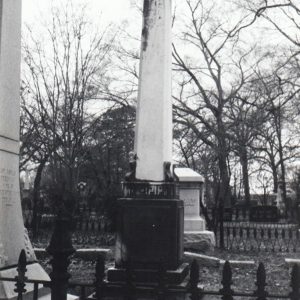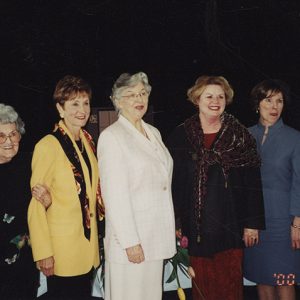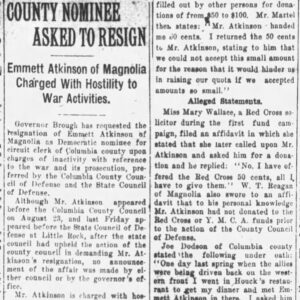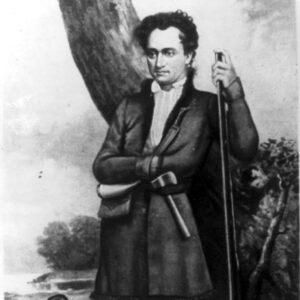 Ashley Grave
Ashley Grave
Entry Category: Government and Politics - Starting with A
 Ashley Grave
Ashley Grave
Ashley, Chester
 Eliza Ashley with Governors' Wives
Eliza Ashley with Governors' Wives
Ashley, Hubert Carl (Hugh)
Association of Arkansas Counties (AAC)
Association of Community Organizations for Reform Now (ACORN)
aka: ACORN
 Willie E. Atkinson Article
Willie E. Atkinson Article
Atkinson, Willie Emmett
Attorney General, Office of
Auditor, Office of
 Stephen Austin
Stephen Austin




